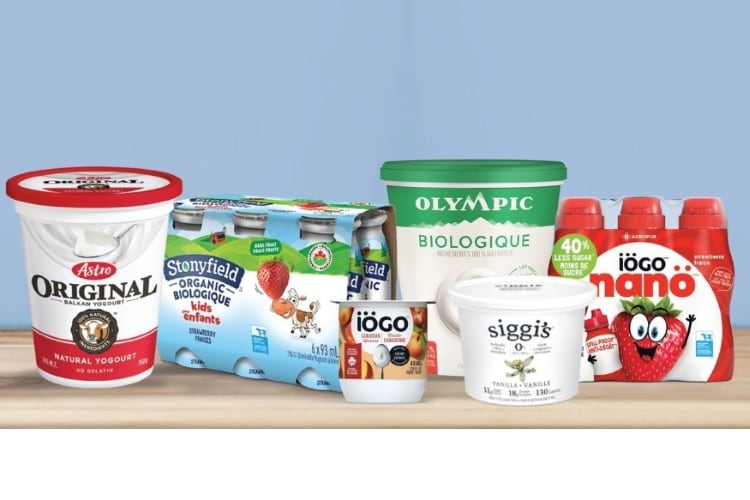Launched on Earth Day, the 2022/23 program will focus on waste reduction.
Following an open innovation model, contributors with the most inventive and potentially viable proposals will have the unique opportunity to participate in a comprehensive program to further explore and develop these new ideas from inception to implementation through the facilitation of mentorships, collaboration, resource support and external partnerships.
The program goal is to positively impact the future of Lactalis Canada's organization, people, customers and communities while promoting continued entrepreneurship at Lactalis Canada.
"The best and most disruptive ideas can often come from within an organization and Lactalis Canada NEXT Ventures further opens our innovation funnel to tap into the talent, creativity and expertise of our own people with the potential to work with external partners to discover the next big idea for our business," said Mark Taylor, president and CEO, Lactalis Canada.
"It's truly exciting to recognize Earth Day with an open call for waste reduction ideas through our new Lactalis Canada NEXT Ventures."
Lactalis Canada NEXT Ventures will be an annual program with a new theme unveiled yearly. The program will kick off in 2022 with a focus on finding solutions to reduce waste in any form including, but not limited to time, abilities, financial resources, food, processing, packaging, energy and material resources.
Lactalis Canada's commitment to waste reduction features solutions including a collaboration with Ontario-based Dairy Distillery where the by-product of ultrafiltered milk production called milk permeate (milk sugar) from its Winchester, Ontario, plant is supplied to the distillery to turn into alcohol for its Vodkow and Vodkow Cream spirits.
Also, Lactalis Canada's Wastewater Modernization Project at its Winchester plant was a multi-million, four-year project completed in 2020, which the company said has contributed to odor and noise mitigation, 35% reduced electricity consumption, fertilizer production and an enhanced wastewater treatment process at the plant.

